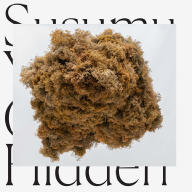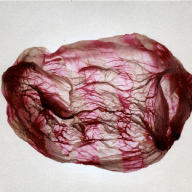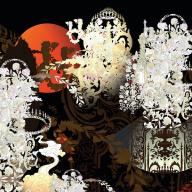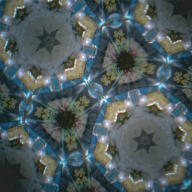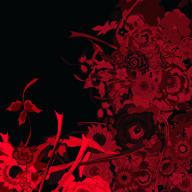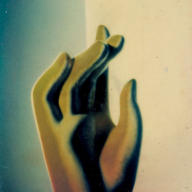Yokota's earliest release was Brainthump, a 1992 trance EP issued under the name Tenshin by German label No Respect Records. Debut full-length The Frankfurt-Tokyo Connection (billed as simply Yokota) was released by the respected Harthouse label in 1993, and another German label, Space Teddy, soon began releasing Yokota's first forays into ambient techno, under the name Ebi. Linking with Japanese label Sublime Records, Acid Mt. Fuji was released in 1994, and 1995 brought Plantation, Yokota's sole album under the pseudonym Ringo, as well as Prism's debut, Metronome Melody. Yokota also collaborated with Ray Castle as the ambient duo Mantaray and as part of the Goa trance project Sonic Sufi, who both issued one-off albums in 1995. Anima:Beat, a tribal-influenced techno album credited to Anima Mundi, was released by Newstage Records in 1996. The self-titled debut by Bamboo Data, Yokota's experimental project with Thomas Bit, also appeared during the year. Cat, Mouse and Me, the second album credited to Yokota's surname, appeared on Harthouse in 1997. As Stevia, Yokota released Fruits of the Room, which flirted with drum'n'bass, and the second Prism album, Fallen Angel, mixed breakbeat with deep house.
During 1998, Yokota issued the breakbeat-heavy Greenpeace (as Stevia) on NS-Com and the disco-house album 1998 on Sublime. He also formed his own Skintone imprint and released two of his most experimental albums to that point, Image 1983-1998 (a collection of previously unreleased works) and Magic Thread, both of which were subsequently issued by British label Leaf. 1999's ambient-leaning Sakura was also picked up by Leaf and garnered international acclaim; Mix, containing more club-friendly versions of some of the same tracks, appeared the same year, as well as another house effort, simply titled 1999. 2000's Zero contained Yokota's cover of Idris Muhammad's underground disco classic "Could Heaven Ever Be Like This." The next year, Yokota released Zero Remixes, the house album Will, and the more experimental Grinning Cat, as well as Leaf Compilation, a mixed selection of tracks from the label. Continuing to represent the two sides of Yokota's output, Sublime released 2002's clubby Sound of Sky, while the more abstract The Boy and the Tree appeared on Skintone and Leaf. Over Head, a set of experimental breakbeat tracks, was released by Play Label in 2003, and the soothing minimalism of Laputa came out on Skintone.
Deep house effort Baroque was put out by United Sounds of Blue in 2004, and Symbol, heavily based on samples of classical music, was released by Skintone that year. It was then issued internationally by Lo in 2005, who also released Distant Sounds of Summer, Yokota's full-length collaboration with Rothko. Similar to his previous mix for Leaf, the producer released Lo Compilation in 2006. Wonder Waltz, a full-length of waltz-tempo pieces featuring vocalists including Kahimi Karie and Iva Bittová, appeared that year, and Yokota continued his fixation on the time signature with the techno album Triple Time Dance, released by Koplatiko. Love or Die and retrospective Skintone Collection both appeared in 2007.
After a short break, Yokota resurfaced in 2009 with Mother, another vocal-heavy release, featuring his Lo labelmates Caroline Ross and Nancy Elizabeth. He also returned to Harthouse with the digital-only minimal techno album Psychic Dance. Lo released Yokota's final two albums, Kaleidoscope (2010) and Dreamer (2012), both of which arranged organic samples in trippy, surreal ways. After a long period of illness, Yokota died on March 27, 2015, at the age of 54. A few years later, Mark Beazley of Rothko discovered a DAT tape of unreleased material by Yokota, including early versions of tracks that appeared on The Boy and the Tree. He sent the recordings to Lo Recordings' Jon Tye, who released them as Cloud Hidden in 2019. ~ Paul Simpson & Mark Richardson, Rovi



